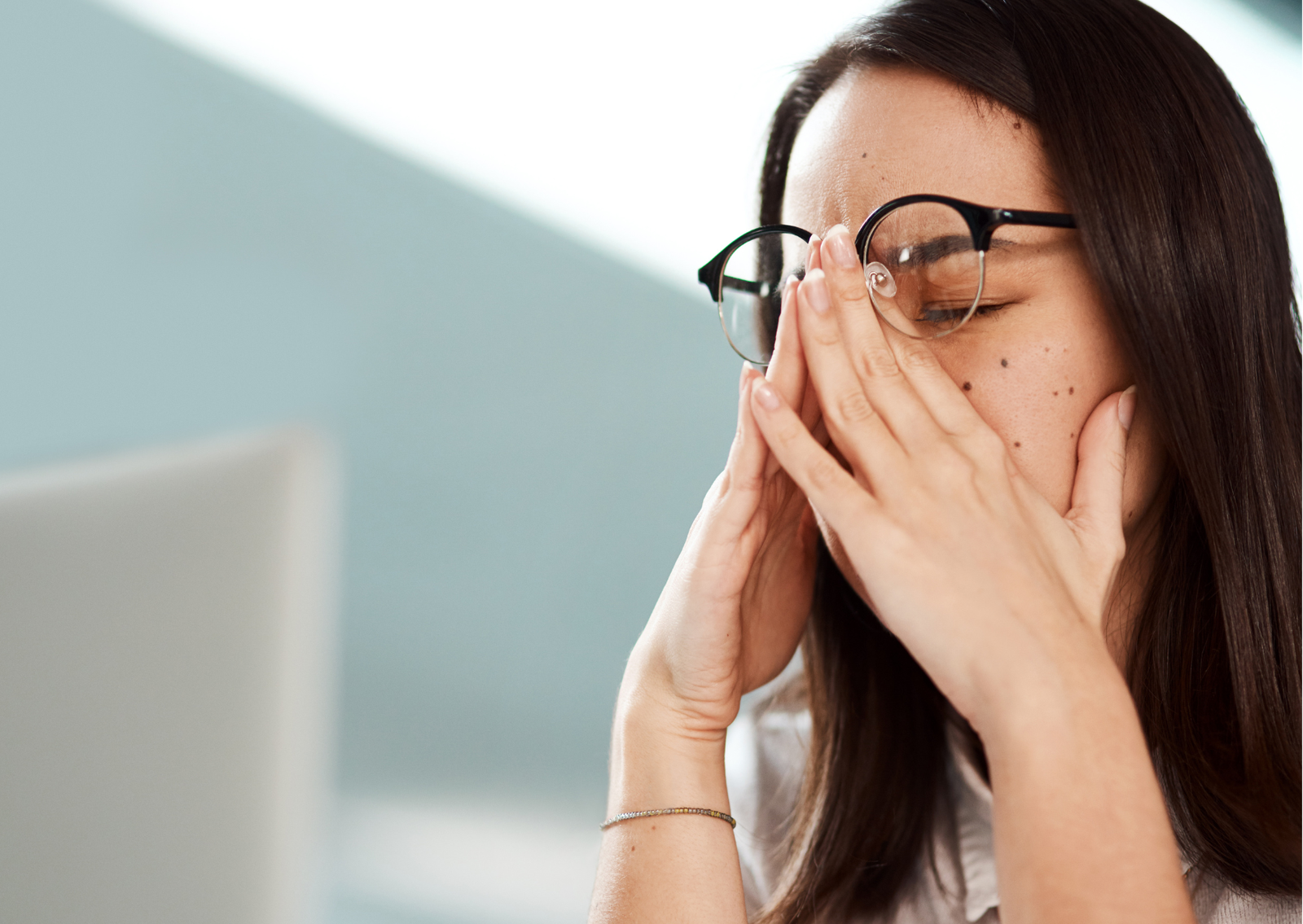Triggers and Sources of Social Anxiety
For many introverts, social anxiety can stem from various triggers and sources, such as:
Crowds: Being in large groups where you don't know anyone can cause anxiety for introverts. It's difficult to connect in meaningful ways, and the closed, crowded environment can feel overwhelming.
Meeting New People: Interacting with strangers and making small talk can be incredibly draining for introverts. The pressure to make a good first impression and carry on conversations can provoke anxiety.
Public Speaking: Having to speak in front of a group is one of the most common social anxiety triggers. All attention is focused on you, which can feel intensely uncomfortable for introverts.
Fear of Negative Evaluation: Introverts tend to be self-conscious and worry about being judged negatively in social situations. Thoughts like "They probably think I'm boring" fuel social anxiety.
Perfectionism and pressure on oneself: holding yourself to unrealistically high social standards and fearing you won't live up to them is another source of anxiety. Introverts may put too much pressure on themselves.
The good news is once you understand the common triggers and sources of anxiety for introverts, you can start to manage them better. But first, it's helpful to identify where your social anxiety stems from.
Physical Signs of Social Anxiety
For many introverts, social anxiety can trigger noticeable physical symptoms. These bodily reactions are automatic responses to stress that are difficult to control. Common physical signs of social anxiety include:
Increased Heart Rate: Your heart may start to race or pound rapidly when entering a social situation. Your fight-or-flight response is caused by the adrenaline released into your bloodstream.
Sweating: You may perspire or sweat excessively when feeling socially anxious. Sweaty palms, underarms, or foreheads are particularly common. This is another effect of adrenaline and stress hormones.
Shaking: Anxiety can sometimes cause involuntary trembling or shaking, especially in the hands. This may be barely noticeable or more pronounced.
Nausea: That "sick" feeling in your stomach is very common with social anxiety. Stress hormones are released when anxious, which causes nausea and 'butterflies'.
Dizziness:Feeling lightheaded, dizzy, or unsteady is another possible physical symptom. Hyperventilating can trigger dizziness or feelings of faintness.
Trouble speaking: You may stumble over words, mumble, or have difficulty articulating your thoughts when anxious. Anxiety inhibits the brain's speech and language centers, causing impaired verbal skills.
These unpleasant physical reactions are nothing to be ashamed of. They are simply your body's evolutionary response to a perceived threat. With preparation and practice, you can learn to minimize anxiety and gain control over these reactions. Don't lose hope; social confidence is achievable for introverts!

